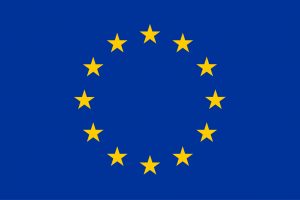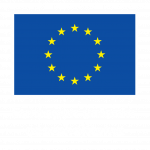

EU Unveils 'Apply AI' Strategy to Challenge US and China Tech Dominance
The European Comission is set to launch blueprint for homegrown artificial intelligence systems amid fears over foreign dependencies.

Text by Martti Asikainen, 6.10.2025 | Photo Adobe Stock Photos

The European Commission is preparing to unveil a sweeping new artificial intelligence strategy aimed at establishing technological sovereignty and reducing the bloc’s reliance on AI systems from the United States and China.
The “Apply AI” strategy, set to be presented on Tuesday, marks a significant shift in Brussels’ approach to the global race for AI dominance. The initiative seeks to promote homegrown AI solutions across critical sectors including healthcare, defence and manufacturing.
Draft documents seen by the Financial Times warn that “external dependencies of the AI stack” — the software and hardware required to develop, train and manage AI systems — “can be weaponised” by both state and non-state actors, posing serious risks to Europe’s supply chains.
Strategic priorities
The plan outlines several focus areas: AI-enhanced patient diagnostics and hospital management in healthcare; European AI-driven command and control systems for defence; AI-powered automation for manufacturing; and sovereign AI models for space applications.
The strategy also emphasises deploying artificial intelligence in public administration to improve service quality. However, documents acknowledge risks including potential misuse during model training and software deployment.
Brussels plans to mobilise €1bn under existing funding programmes, attracting investment from both public and private sources.
Balancing regulation and innovation
The announcement comes as the EU navigates a delicate balance between its pioneering AI Act and concerns that excessive regulation may stifle innovation. The legislation, which entered into force in August 2024, establishes risk-based rules for AI developers.
Growing frustration over Europe’s technological lag prompted nearly 100 industry leaders, including representatives from Airbus and Dassault Systèmes, to sign an open letter in March calling for decisive investment in homegrown digital capabilities.
The strategy builds on existing initiatives including AI Factories and Gigafactories. The Commission plans to launch an official call for AI gigafactories later this year to specialise in training very large AI models.
Geopolitical context
The timing reflects growing concerns about technological dependencies. The Biden administration’s AI Diffusion Rule, published in January, imposed limitations on how roughly half of Europe handles US-acquired chips.
According to figures from April, only 13.5% of EU companies use AI, highlighting the scale of the adoption challenge ahead. The Commission expects phased deployment following Tuesday’s presentation, with member states and industry stakeholders playing key roles in implementation.


Finnish AI Region
2022-2025.
Media contacts